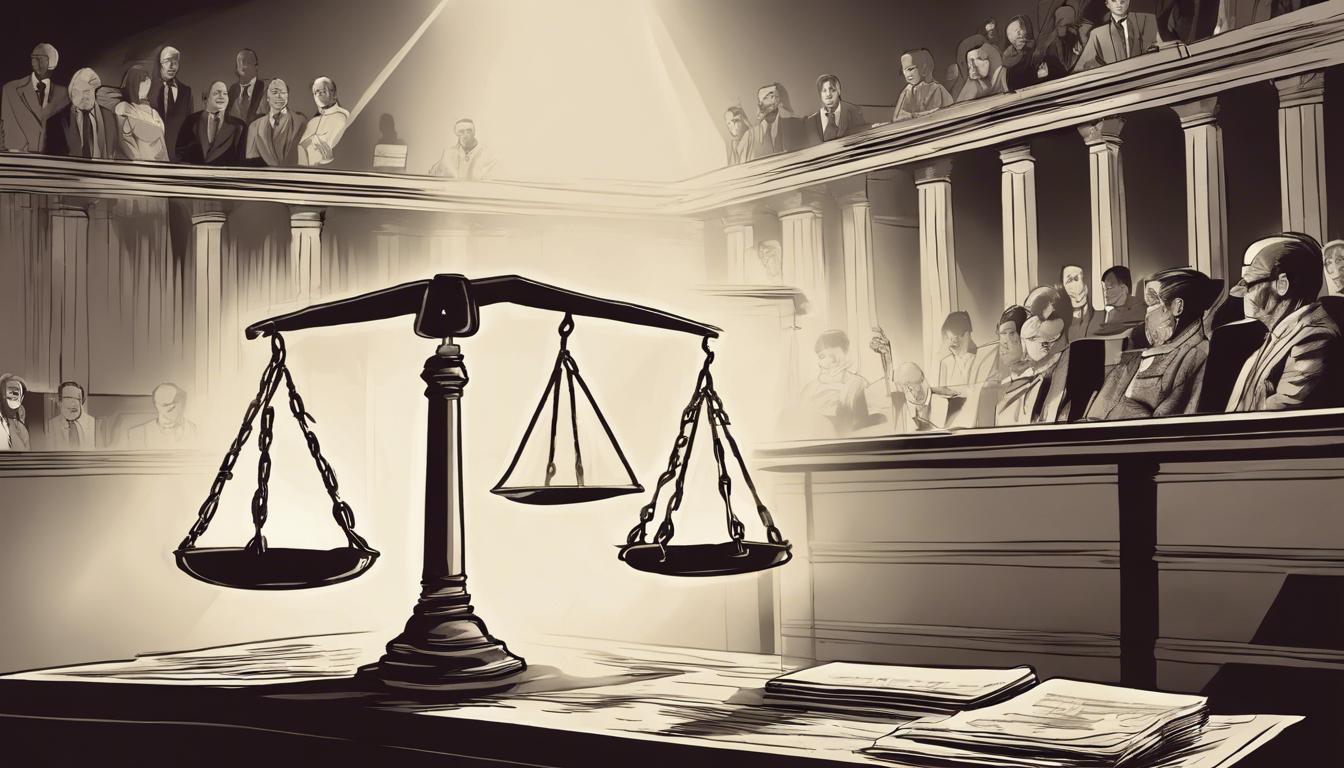Recent inquiries and advocacy efforts in the UK and Australia highlight critical gaps in the justice system, affecting the treatment and rights of victims of sexual crimes. Efforts are underway to provide better protection and voice for these victims and their children.
A recent Victorian inquiry and actions taken by Claire Waxman, London’s Victims’ Commissioner, have shed light on significant gaps within the justice systems of the UK and Australia pertaining to the treatment and rights of victims of sexual crimes. In Victoria, an inquiry emphasized the importance of providing legal representation for victims of crime, notably survivors of sexual assault, throughout the justice process. Fiona McCormack, the Victims of Crime Commissioner, reported that victims often feel excluded and neglected, leading to their re-traumatization within the system. The Victorian report calls for systemic changes, recommending state-funded legal representation for sexual assault victims among its 55 recommendations to ensure their voices are heard and protected in court.
Simultaneously, in the UK, Claire Waxman is advocating for legislative amendments to remove parental rights from child sex abusers, highlighting a critical loophole that allows convicted abusers to retain influence over their children’s lives. The current legal framework in England and Wales makes it challenging for mothers, such as Emily and Frankie, to protect their children from their convicted abuser ex-partners. The process to revoke a convicted abuser’s parental rights is described as lengthy, complex, and financially draining for the victims.
Labour MP Harriet Harman, supporting Waxman’s initiative, proposes stricter measures to automatically suspend parental responsibility for convicted child sex offenders. These efforts underline a disturbing reality where child safety and the well-being of sexual assault victims are compromised due to existing legal and systemic inadequacies.
The Ministry of Justice has acknowledged the need for ensuring child safety in family court decisions, affirming the prioritization of children’s welfare. Both the Victorian inquiry and UK advocates like Waxman and Harman are working towards significant legal and systematic reforms to better protect victims of sexual crimes and their children, aiming to transform their experiences within the justice system into one where their rights, safety, and voices are effectively upheld.













